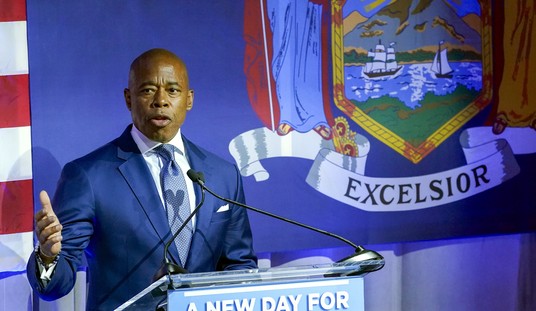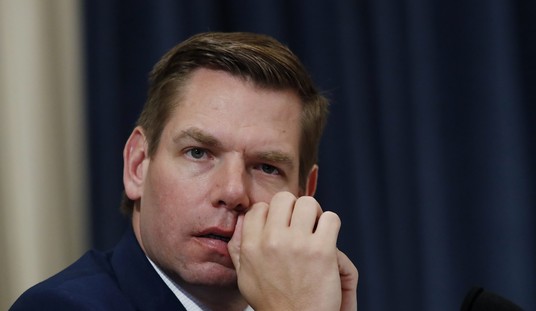There is a lot of debate this week over what in Michael Wolff’s new book might be true, and what is utter fiction.
Axios approached the book with the notion of how some parts were “wrong, sloppy, or betray off-the-record confidence.” That being said, that’s kind of the nature of these kinds of books. It’s what you expect, and there’s always some controversy to follow.
What the Axios writer points out, however, is that there were some details that were absolutely in line with what White House officials and those close to President Trump have confirmed. Namely, that he is an emotionally erratic nightmare, and that some of those serving him do not hold him in particularly high regard.
After conversations with the same people quoted in the book, the writers at Axios can confirm certain details as truth.
Regarding how Trump processes information, these lines were found accurate:
“It was during Trump’s early intelligence briefings … that alarm signals first went off among his new campaign staff: he seemed to lack the ability to take in third-party information.”
“Trump didn’t read. He didn’t really even skim. … [H]e could read headlines and articles about himself, or at least headlines on articles about himself, and the gossip squibs on the New York Post‘s Page Six.”
“[H]e trusted his own expertise — no matter how paltry or irrelevant — more than anyone else’s. What’s more, he had an extremely short attention span, even when he thought you were worthy of attention.”
Not really a confidence-booster, when you consider the importance of the job the man has taken on. Most of us would like to know that the guy with the nuclear codes is able to receive and absorb information, and at the very least, has the humility to realize he doesn’t know everything.
Another aspect touched on in the book that rang true was the lack of preparation for the job.
“[T]he president’s views of foreign policy and the world at large were among [his White House’s] most random, uninformed, and seemingly capricious aspects. His advisers didn’t know whether he was an isolationist or a militarist, or whether he could distinguish between the two.”
He is also obsessed with military generals and commanders, but he hated to be told what to do.
And then there’s this doozy:
“In the Trump White House, policy making … flowed up. It was a process of suggesting, in throw-it-against-the-wall style, what the president might want, and hoping he might then think that he had thought of this himself.”
And we’ve heard all of the reports of behind-the-scenes murmuring, of those who deal with him thinking him to be an idiot. The notion that those working for him have a low opinion of him should not surprise anyone.
“He spoke obliviously and happily, believing himself to be a perfect pitch raconteur and public performer, while everyone with him held their breath.”
“If a wackadoo moment occurred on the occasions … when his remarks careened in no clear direction, his staff had to go into intense method-acting response. It took absolute discipline not to acknowledge what everyone could see.”
“At points on the day’s spectrum of adverse political developments, he could have moments of, almost everyone would admit, irrationality. When that happened, he was alone in his anger and not approachable by anyone.”
“His senior staff largely dealt with these dark hours by agreeing with him, no matter what he said.”
All pretty uncomfortable statements, especially when you consider his position. They become more important, however, when you consider (as the Axios article points out) that there are more than a half dozen skilled White House staffers considering jumping ship in the coming months, and many of them are fearful of what comes next with a Trump presidency.
Whether you buy into what’s being offered in the Wolff book or not, when you have that many sources agreeing on and pointing to the same things, at some point, you have to take the blinders off.














Join the conversation as a VIP Member